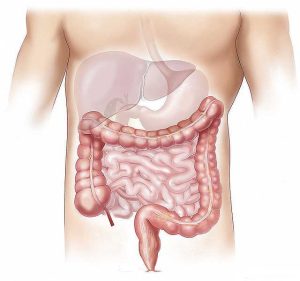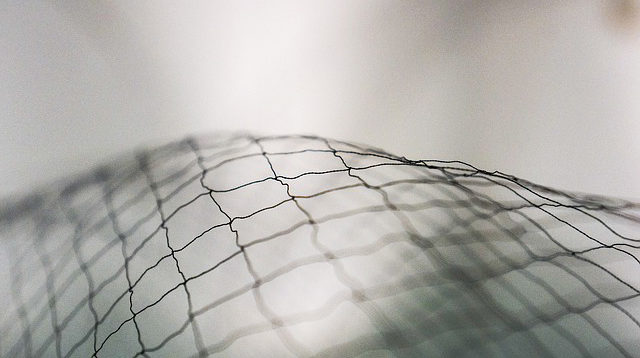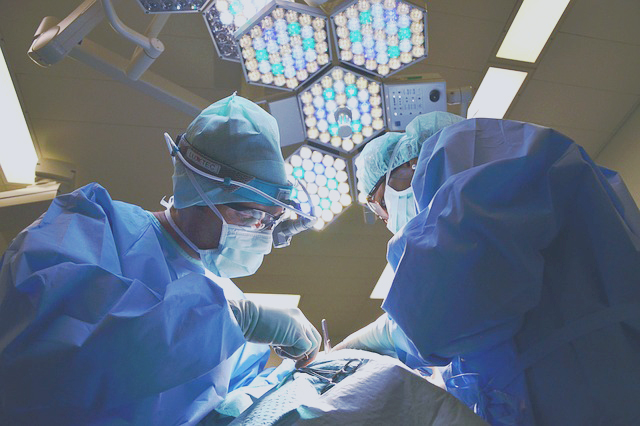Physiomesh and C-QUR Hernia Mesh
DISCLAIMER: Please consult with your doctor before making any changes to your use of any FDA-approved drug or device.
If you or a loved one underwent hernia surgery between 2010 and 2016 and suffered serious complications, you may be entitled to financial compensation.
Complications may include (but are not limited to):
- Chronic pain
- Infection
- Adhesions
- Mesh migrations
- Reopening of the hernia
In many cases, these complications have resulted in additional surgeries for patients. Hensley Legal Group, PC is currently investigating injuries from hernia mesh surgery. Two mesh products in particular that have allegedly caused problems for many patients are Physiomesh and C-QUR products.
Physiomesh
What is Physiomesh?
Physiomesh is a kind of mesh manufactured by Ethicon, a Johnson & Johnson subsidiary, and used to repair hernias in a surgical procedure called a laparoscopic inguinal herniorrhaphy (LIHR). It’s targeted toward a technique for LIHR called the intraperitoneal onlay mesh (IPOM) technique. In the IPOM technique, doctors place mesh into the peritoneum (abdomen). The mesh separates tissues, has direct contact with the intestines, and is supposed to promote permanent hernia repair within the abdomen.
 How is Physiomesh designed?
How is Physiomesh designed?
Physiomesh is covered in one or more permanent or bio-absorbable films. The films are supposed to separate the mesh from internal organs and prevent mesh adhesions, yet also promote mesh ingrowth into the abdominal wall in order to promote permanent hernia repair.
What kinds of problems are people having with Physiomesh?
People’s bodies are having a difficult time incorporating the implant because of its design. Instead of allowing the mesh to grow into the abdominal wall to the repair the hernia, the thick films prevent in-growth. The mesh is adhering to the bowel and other abdominal organs instead of the abdominal wall, causing complications such as bowel obstruction, pain, hernia recurrence, and seromas (pockets of fluid that can develop after surgery).
Did Ethicon know about Physiomesh’s design flaws?
Ethicon can be held responsible for patients’ complications with Physiomesh. There is significant evidence that Ethicon:
- Performed minimal animal testing
- Concealed unfavorable test results
- Did not perform adequate clinical trials
- Rushed Physiomesh to market
- Disregarded advice from its own engineers
- Ignored physician concerns during development phase
- Confirmed design prior to testing
In its minimal preclinical animal testing, Ethicon found that its study that most closely simulated human clinical situations resulted in adhesions, mesh shrinkage, and migration of devices in 100% of test subjects.
Ethicon blamed the design of the study and hid the results.
At least one Physiomesh clinical trial was terminated due to concerns about patient health, referring to the results of “high recurrence rate and the findings during the reoperations” as “serious adverse events”.
Ethicon has now issued a voluntary recall of Physiomesh.
C-QUR Products
What is C-QUR?
C-QUR is a brand of tissue-separating mesh implants manufactured by Atrium for hernia repair surgeries using the IPOM technique. Its products include:
- C-QUR Lite Mesh V-Patch
- C-QUR Edge Mesh V-Patch
- C-QUR V-Patch Mesh
- C-QUR OVT Mesh
- C-QUR RPM Mesh (also known as C-QUR Mosaic)
- C-QUR FX
- C-QUR TacShield
- C-QUR CentriFX
Like Physiomesh, C-QUR brand products are coated in a thick film that is supposed to prevent mesh adhesions. The C-QUR film is made of cross-linked glycerides and omega 3 fatty acids (O3FA).
What kinds of problems are people having with C-QUR Products?
The 03FA film has caused infections that have resulted in:
- Rashes
- Seromas
- Patient Pain
- Other complications
Did Atrium know about C-QUR Products’ design flaws?
Atrium know prior to launch that the infections with 03FA might become more problematic than they original believed. After the launch, reports of infection were frequent.
Their sales force tried to convince doctors that patients were to blame while Atrium altered the design of its products multiple times to try to fix its problems.
Help from Hensley Legal Group
If you or a loved one suffered from serious complications after receiving hernia repair surgery, call Hensley Legal Group today for a free case review.
DISCLAIMER: Please consult with your doctor before making any changes to your use of any FDA-approved drug or device.


